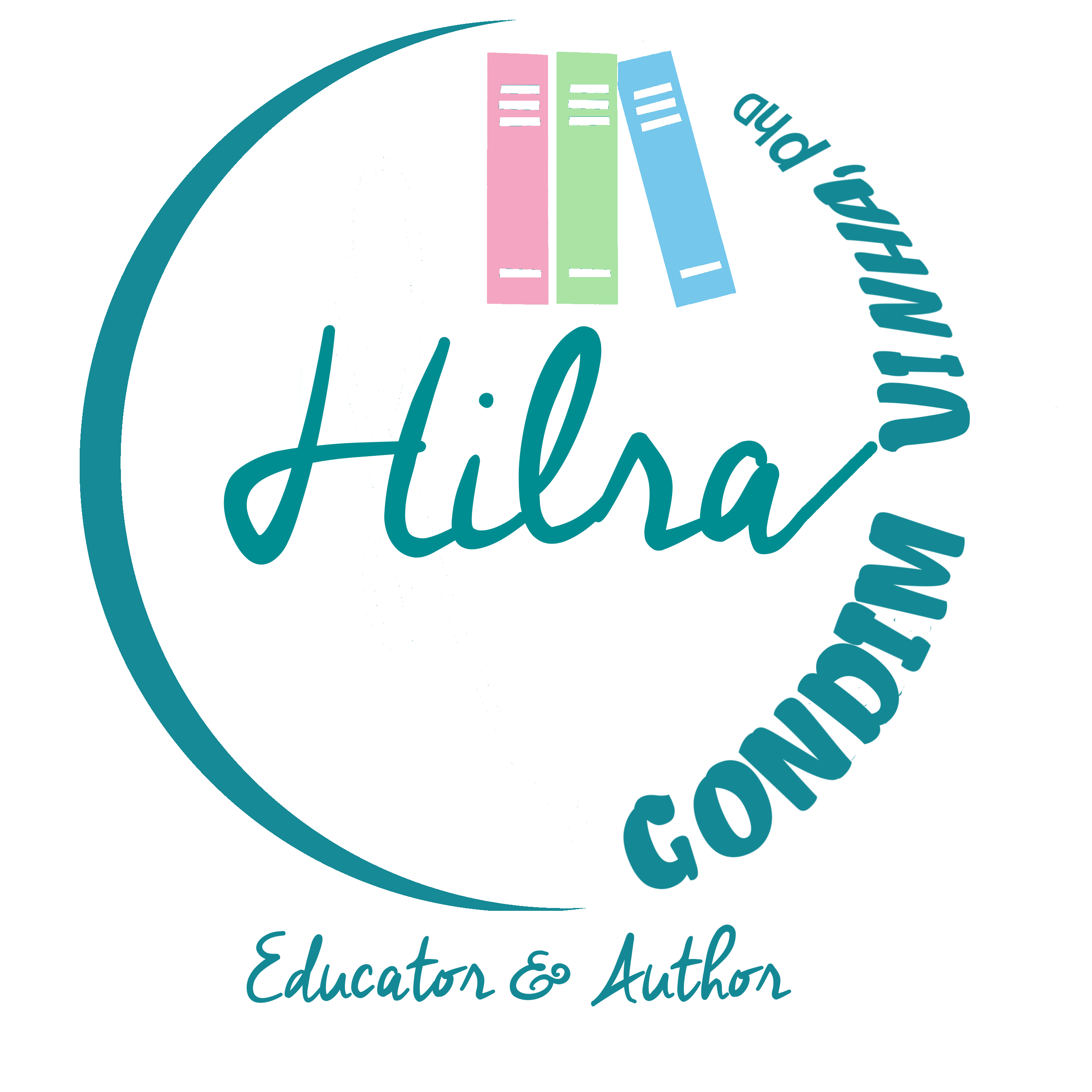Social History of Learning Disability Conference
18th and 19th June 2015
The Open University, Milton Keynes
Biography, Life Stories and Life Histories
CALL FOR PAPERS
Our theme for 2015 is biography, life stories and life histories. We are looking for papers which explore people’s histories, your own, or someone else’s.
-
Have you got a story to tell about your own life?
-
Have you helped someone else to tell their story?
-
Is there a significant figure or group of people whose story you have researched and would like to share?
-
Do you have ideas to share on how to do life stories?
-
Have you used life story work in practice?
If your answer is yes to any of these questions, then please think about putting forward a paper for our 2015 Conference.
The aim of this conference is to reflect on the following:
-
What can learning about individual people’s lives teach us about the past?
-
How do changes in policy and practice impact on the lives of people with learning disabilities, their friends and families, and staff who work with them?
-
How can we help people tell their stories, including people with high support needs?
-
What can we find out about people’s histories from written records?
-
What are the ethical challenges of enabling people to tell and share their stories?
-
How do we tell the stories of people whose work we do not admire?
-
How can services support people to record their life stories?
-
What are the benefits of knowing someone’s story?
At our conference we are looking for papers that explore:
-
the life stories of people with learning disabilities across the life course, including people with high support needs
-
the life stories of family members and others who support people with learning disabilities (including advocates, support workers and managers, and other health and social care professionals).
-
Biographies of key individuals in the history of learning disabilities including reformers and campaigners, senior professionals, self advocates and advocates, family activists, politicians, academics, civil servants
-
The stories of organisations or key groups of people
-
The impact of changing policies and service provision on people’s lives.
-
Different ways of researching, recording and sharing life stories
-
Ethical challenges of life story work
-
The role of life stories in professional practice
-
Life story work with other groups of people (i.e. people who don’t have learning disabilities), so that we can share learning from different fields of research and practice.
Both personal and more academic approaches are welcome. We are interested in an historical approach, and so would encourage papers that discuss life stories at different points in time or focus on one specific historical period. This may include papers that reflect upon the very recent past and the present. We particularly welcome international papers, as well as presentations from around the UK.
A note on our conferences:
The annual Social History of Learning Disability (SHLD) Research Group Conferences at the Open University bring together people with learning disabilities, families, academics, practitioners, advocacy groups, service providers and other interested people to explore and document the past and its influence on the present and future. To date much of the published work of the group has covered the history of the long stay learning disability institutions and, more recently, the development of community based support and services. Our experience is that stories and testimonies from people with learning disabilities, families, and others closely involved have afforded very valuable insight as to what works well, both in the past and present, in addition to highlighting potential barriers to achieving a good life and how these can be overcome.
Please be aware that our conferences are inclusive events, and papers will need to be accessible to people with learning disabilities (please see attached guidelines on accessible presentations and abstracts).
Submitting an abstract:
Abstracts will be reviewed by members of the SHLD group, which include people with learning disabilities. Please send a short (up to one page) accessible summary of your proposed paper by Monday 2nd March 2015 to Claire Norman at the following address:
Shld-conference@open.ac.uk
OR
Claire Norman
Faculty of Health and Social Care
The Open University, Milton Keynes, MK7 6AA
A note about accessible abstracts and presentations
The Social History of Learning Disability conferences are inclusive events. The audience is made up of a wide variety of people, for example:
-
People who work or study at universities
-
People who work in services
- People with learning disabilities
- Family members, friends and advocates
We ask that abstracts and presentations are presented in a way that makes them as accessible and engaging as possible for all members of the audience.
Key points to remember when writing your accessible summary or ‘abstract’:
-
Please keep your summary to 1 page.
-
Please make sure your summary uses a type font and size that will be easier to read (for example, Arial, point 12 or above).
-
Avoid sentences that are very long. You can use bullet points if this helps.
-
Avoid words that may be difficult to understand. Keep the language clear and simple. If you need to use a ‘technical’ or ‘academic’ term, please explain it.
-
Use photos / images if you feel this helps your abstract to be more accessible.
Key points to remember when writing your presentation are:
-
Please use simple, straightforward language wherever possible and avoid jargon.


